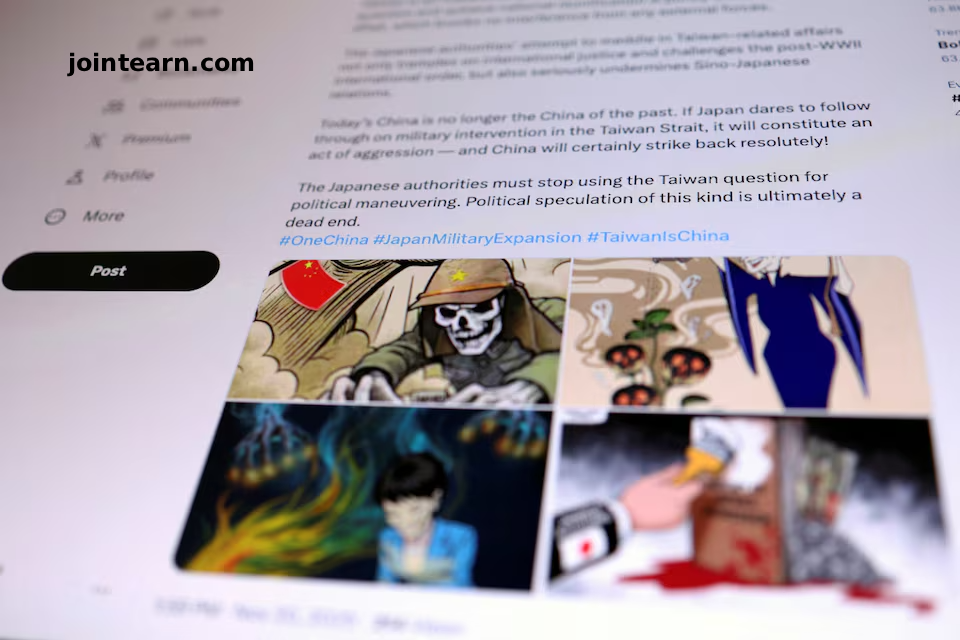
Beijing/Tokyo – China has once again unleashed its aggressive “wolf warrior” diplomacy, targeting Japan over comments by new Prime Minister Sanae Takaichi regarding Taiwan. Chinese diplomats have amplified criticism of Takaichi in multiple countries, particularly those historically affected by Japan’s military actions during World War Two.
The latest diplomatic escalation comes two weeks after Takaichi told Japanese lawmakers that a Chinese attack on Taiwan threatening Japan’s survival could trigger a military response from Tokyo. Beijing has maintained intense criticism since, signaling that it is prepared to take further countermeasures if Japan does not retract the remarks.
Hawkish Diplomacy on Social Media
China’s approach, known as “wolf warrior” diplomacy, involves pointed and often acerbic messaging, frequently conducted on social media platforms. Mao Ning, a Chinese foreign ministry spokesperson, emphasized the need for the international community to scrutinize Japan’s intentions and whether it can continue along a “path of peaceful development.”
Posts by Chinese diplomats, including controversial messages on X (formerly Twitter), have referenced wartime history and used provocative imagery to criticize Takaichi. For instance, China’s embassy in Manila shared caricatures depicting Takaichi amid symbols of Japanese militarism, alongside warnings that any military intervention in the Taiwan Strait would be met with resolute retaliation.
Historical References and Regional Messaging
Several posts drew on historical references to Japan’s wartime aggression, highlighting the suffering of countries previously occupied by Japan. Chinese diplomats in Indonesia, Manila, Canberra, and the United States have echoed these narratives, framing Takaichi’s comments as a revival of militarism and questioning Japan’s credibility on global peace and security.
China’s messaging serves multiple purposes: reinforcing domestic nationalism, applying pressure on Japan, and shaping international perception, particularly among countries historically affected by Japanese occupation.
Japan’s Response
Japanese officials, aware of the widespread social media campaigns, have sought to ease tensions. Prime Minister Takaichi reaffirmed that her Taiwan comments do not signal a change in Japan’s longstanding policy toward the island. Chief Cabinet Secretary Minoru Kihara stated that the government is “taking appropriate measures” while refraining from commenting on individual remarks.
Japan continues to navigate a delicate diplomatic path, balancing its security concerns regarding Taiwan with efforts to prevent further escalation in relations with China.
Implications for Regional Stability
China’s renewed use of wolf warrior tactics underscores ongoing geopolitical tensions in East Asia, particularly around Taiwan. Analysts warn that such aggressive diplomacy, combined with military posturing in the Taiwan Strait and East China Sea, could exacerbate regional instability and complicate multilateral efforts to maintain peace in the Indo-Pacific region.


Leave a Reply